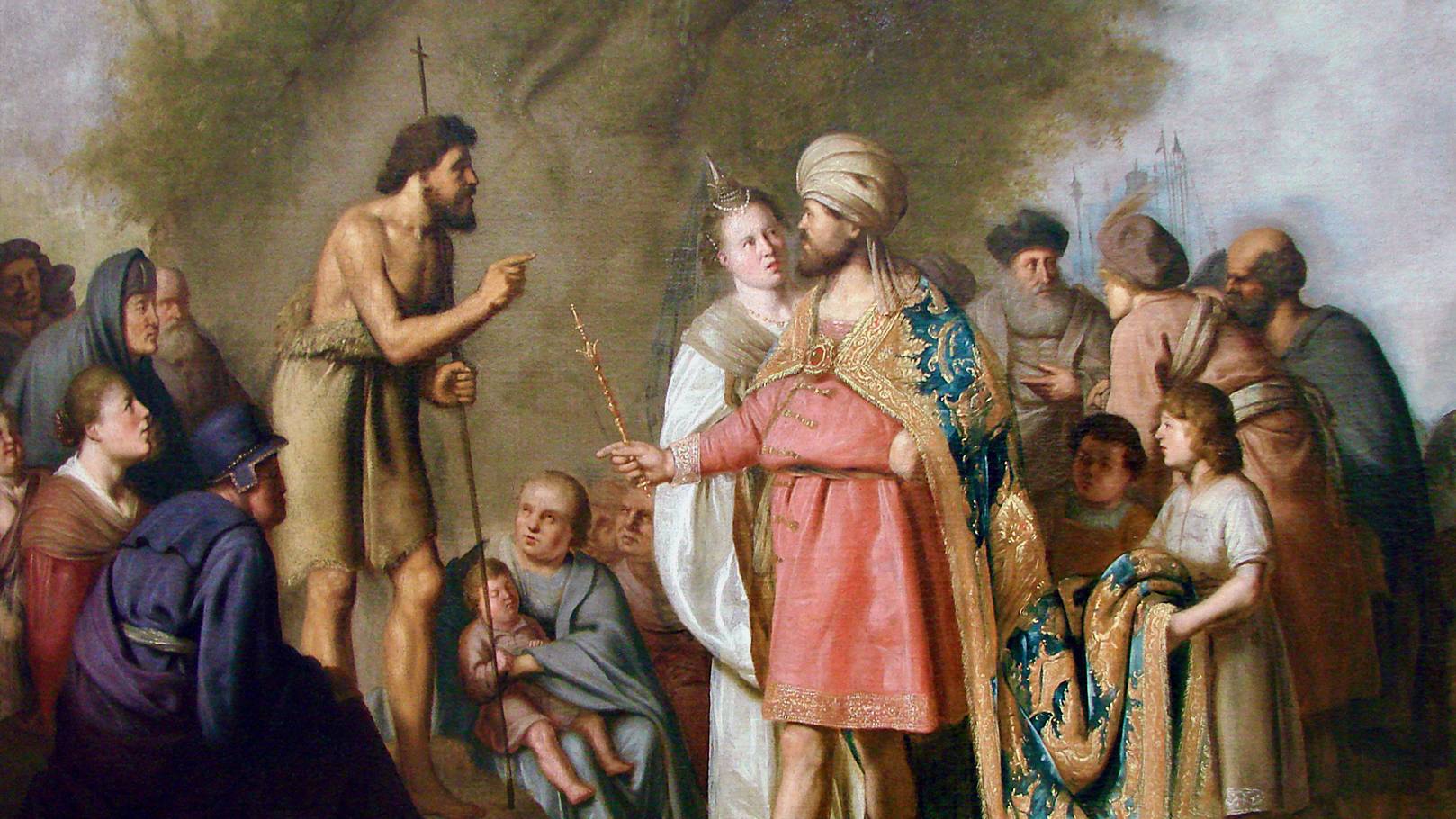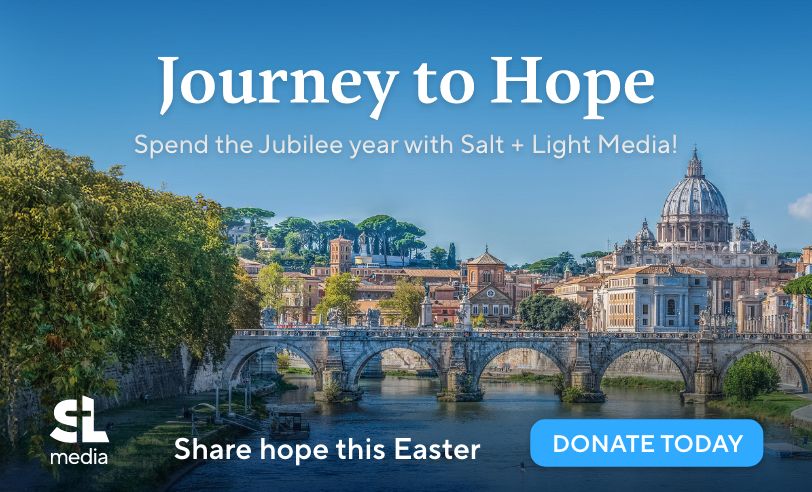The fire of hope — Reflection for the Second Sunday of Advent
Matthew Neugebauer
Friday, December 2, 2022

Saint John the Baptist Preaching Before Herod. Wikimedia Commons
“The voice of one crying out in the wilderness: ‘Prepare the way of the Lord, make his paths straight.’”
Isaiah 11:1-10 Romans 15:4-9 Matthew 3:1-12
"That's just how we've always done things. It's a good idea, but we're so set in our ways!"
"That's just the way the world is. I wish it were different, but it's never gonna change."
Chances are, you've heard those lines, even recently. Chances are, you've said them, and believed them. Chances are, you've even heard them in church.
I think most people understand why they're problematic. I also think a lot of people simply have to accept them if only to survive, to get up in the morning and get to work. After all, changing the world is far too big of a task for one person, for one day.
But nestled inside those words, yearning to burst forth like a baby in a womb or a plant in a seed, is a longing for things to be different.
A longing for a new — or belovedly ancient — pattern of prayer and worship.
A longing for a just economy and a more conscientious relationship with Creation.
A longing for a more compassionate, sensitive society, a deeper awareness that we're all in this together.
"It's a good idea."
"I wish it were different."
Enter the prophet, the one called by God to express those longings, even when they're "unpopular" or "unrealistic." The one called by God to cry out in the desert, "wait a minute! The world doesn't have to just be that way. In fact, the axe is closer to roots of 'we've always done it that way' than we might think!"
Often, the prophet's words evoke fear and anxiety. Change is stressful. It's difficult. Some of it isn't even necessary, and may be just another agenda.
But the true prophet is sent by God to evoke trust and not fear, hope and not anxiety. The true prophet points to God's intervention first, and only then to our grace-filled response. He grasps that the right order of things is expressed in St. Augustine's prayer, "Give what you command, and command what you will." The true prophet is an instrument of God's justice, yes, because he's an instrument of God's compassion for a broken and bleeding world that God has come to save, a world that he is coming again to judge, a world he will ultimately perfect once more.
Because that "axe," that "winnowing fork," is nothing less than the perfect love of God, the "God of steadfastness and encouragement," who kindles the fire of hope in the hearts of all who pass from death to life in the water and flame of baptism.
A fire of hope that this judge, the "stump of Jesse," already possesses all "wisdom and understanding," all "counsel and might," and will rid the world of foolishness, prejudice and pride.
A fire of hope that "with righteousness he will judge the poor, and decide with equity for the meek of the earth" when we simply won’t.
It's the same fire of hope that burned in hearts of the disciples on the way to Emmaus, when Jesus showed them that this was his plan all along. (Luke 24:32)
As we continue this Advent season, let us ask the Holy Spirit to awaken us to this hope, to prepare our hearts and minds for the new paths that God will beckon us to follow.
Related Articles:
>>
SUPPORT LABEL
$50
$100
$150
$250
OTHER AMOUNT
DONATE
Receive our newsletters
Stay Connected
Receive our newsletters
Stay Connected













